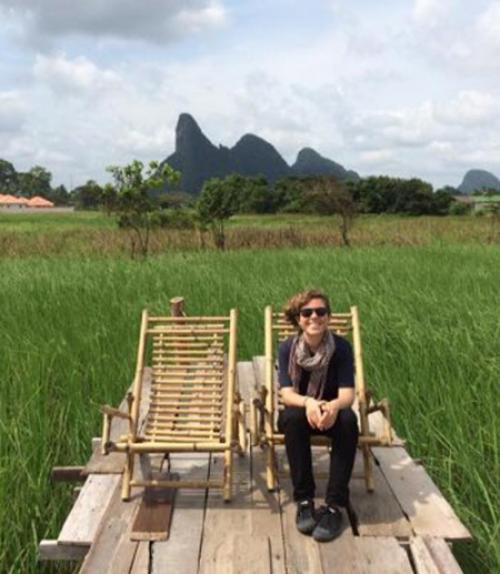 Department Homepage
The College of Arts & Sciences
Department Homepage
The College of Arts & Sciences
Student Spotlight: Emily Donald
Emily Donald is a doctoral student in history from Brisbane, Australia studying modern southeast Asian history; feminist, gender, and sexuality studies; and queer history. After attending the University of Queensland as an undergraduate, she chose to pursue further study at Cornell due to its scholars, library collections, and commitment to graduate student learning. What is your area of research and why is it important?




